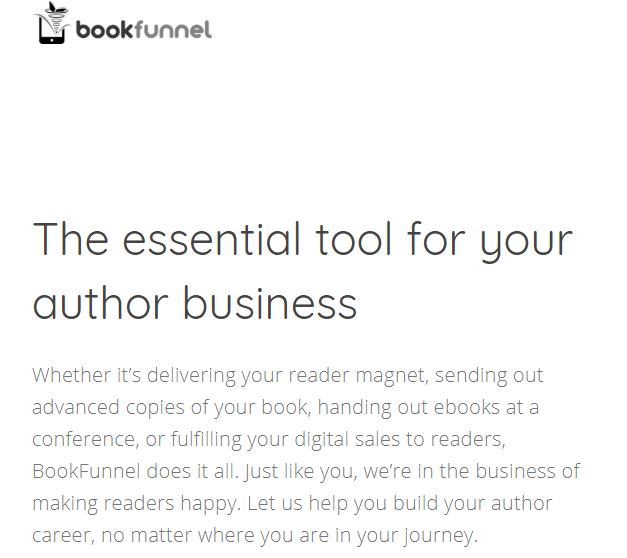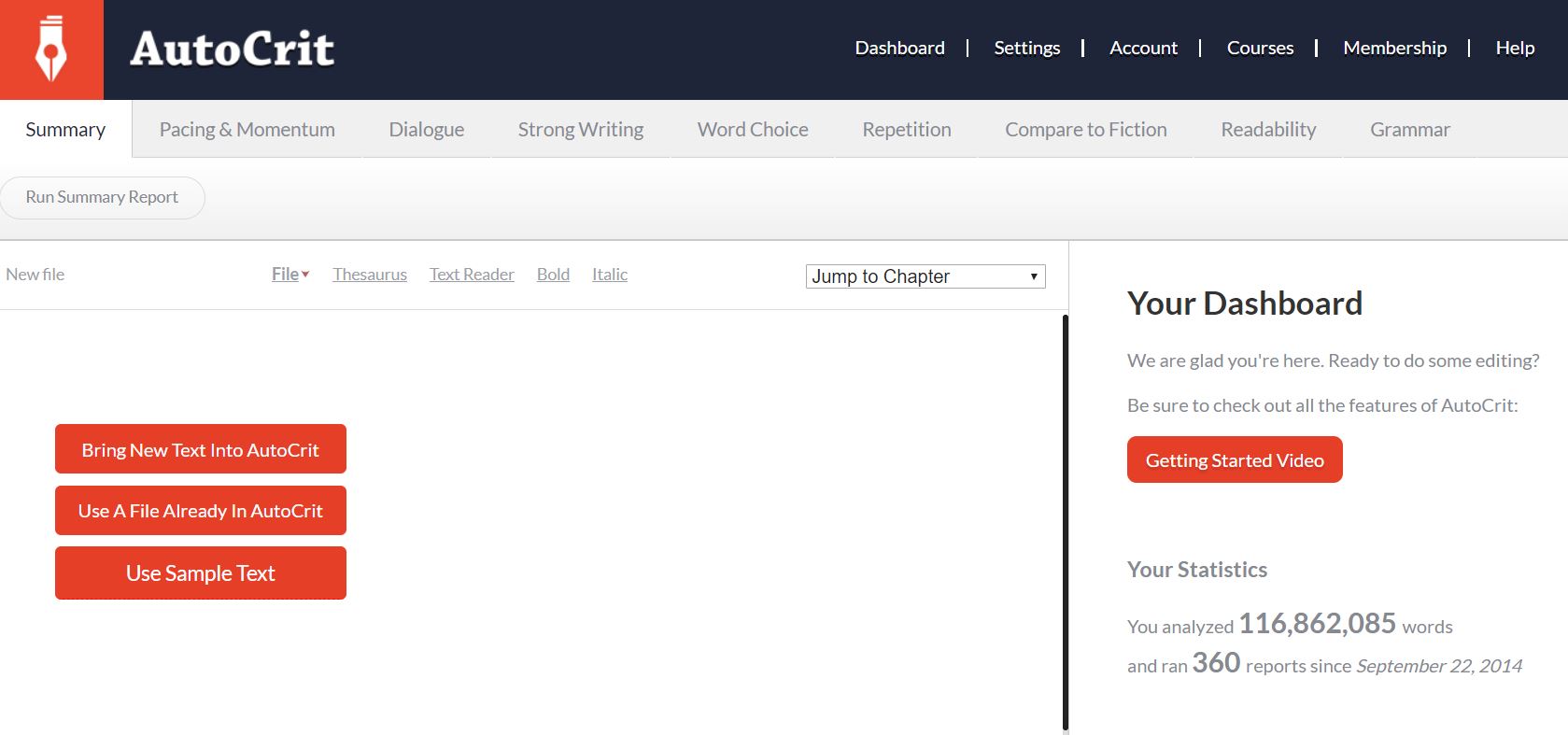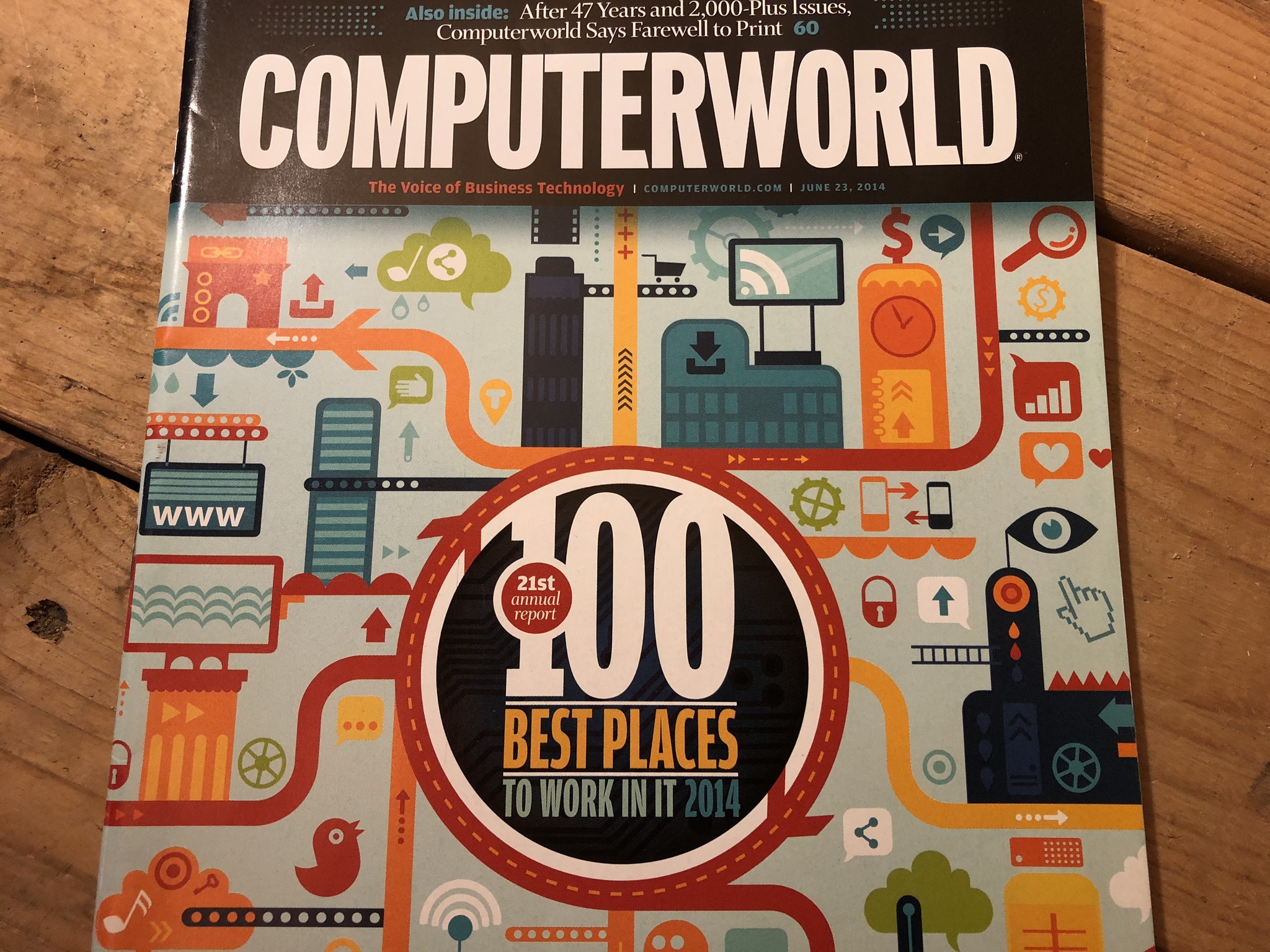I’ve begun to work with a critique group with the American Christian Fiction Writers to both help find issues in my WIP and to assist others. Often when we write we become blind from familiarity to both simple and not-so-simple mistakes that others may pick up on. We are burdened by the entire vision of the story in our minds, and if we don’t successfully translate that vision to words, we haven’t succeeded in our goal. That’s where a critique group provides value.
This is the most formal such group I’ve participated in to date. All undergo a week of training to ensure that there is complete understanding of the processes and expectations. After that the critiques begin – first the writer critiques others’ submissions, then they submit.
I have found this to be an extremely helpful and supportive group. I have so far critiqued six submissions and received five for my first submission. All comments provided value for which I am appreciative. While I was unsure at first, now I am eager to submit more.
Perhaps too eager.
At lunch I prepared my next submission, chapter two of my novelette Childhood. The feedback from chapter one influenced my review, as it should. I made changes, small at first, then more significant, then to the point of splitting chapter two into two chapters. Finally, I stopped, removed my fingers from the keyboard, and leaned back in my office chair.
I was rushing the process, and the writing suffered.
I was reminded of a small yet significant lesson today – don’t rush for the sake of an artificial timeline. I would like to finish the novelette in a month, but a rushed lackluster manuscript is much worse than a polished one that took three times as long to complete. I’m not racing against anyone but myself. My goal is quality, not quickness, so the next submission will have to wait – be it a day, two days, or longer, whatever it takes.
Photo by Patrick Tomasso on Unsplash
 I have just begun, and a relaunch of possibly two titles), taking on another project now would be foolhardy. Yet I am drawn to find the scraps of loose leaf and spiral notebook paper that comprised this improbable tale of a Soviet takeover of the United States. I think I know why, as well. The Balance of Power was my first complete manuscript.
I have just begun, and a relaunch of possibly two titles), taking on another project now would be foolhardy. Yet I am drawn to find the scraps of loose leaf and spiral notebook paper that comprised this improbable tale of a Soviet takeover of the United States. I think I know why, as well. The Balance of Power was my first complete manuscript.






